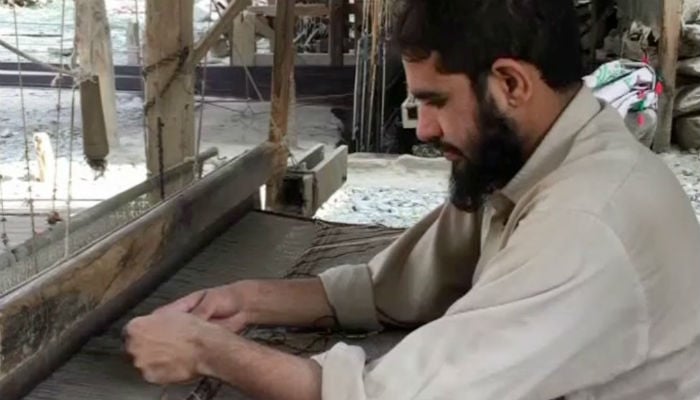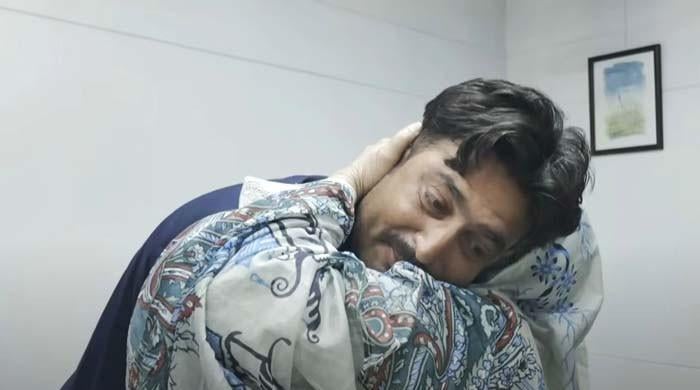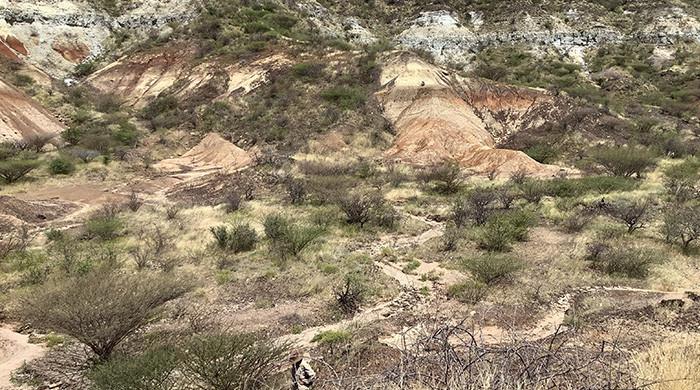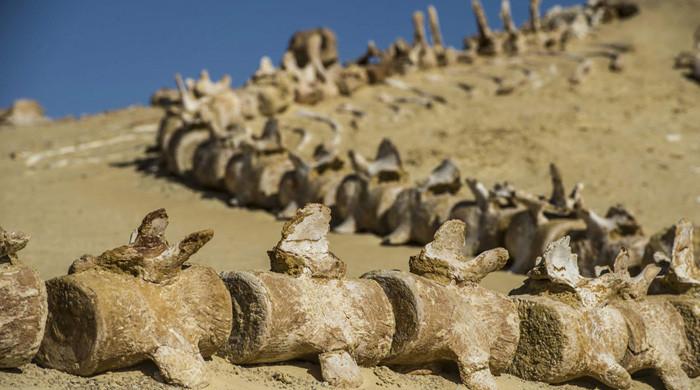Artisans of Swat’s Islampur carve their niche in shawl industry
The village boasts hundred percent employment rates
November 03, 2017
Artisans in a small village near Swat have carved a niche for themselves in the country's shawl industry.
The weavers of Islampur sell in shawls for both men and women. They also make traditional caps and waistcoats for men. People from the nearby villages also come here and engage themselves in this business to earn living.
Islampur, a small village situated 13 kilometres away from the Mingora city of Swat, has a population of 17,000.
The village has been associated with the cottage weaving industry since ages. They use sheep wool in the production of shawls. There are many small and medium shawl manufacturing units located in the scenic village.
In a country suffering from high rates of unemployment, Islampur boasts of hundred percent employment rates.
According to the locals, all the people in the village are employed and earn a good living for themselves and their family.

Hazir Gul, the chief executive of Islampur cottage industry stated that there are around 500 units set up which provide employment to 15,000 people directly and 40,000 people indirectly.
An artisan from the village shared that it takes three hours to weave a normal quality shawl, however better quality shawls are weaved in no less than a week.
He also added that they also make Pashmina shawls, which are quite famous in the urban side of Pakistan and many consumers there are also willing to pay a higher price.
These shawls are hand spun made from fine cashmere fibre which comes from four distinct breeds of the Cashmere goat; namely the Changthangi or Kashmir Pashmina goat.
Weavers and the shopkeepers also claimed that the wool weaving industry of Islampur produces some of the best winter gear, so their work doubles up in the winters.
They also added that their handmade products are also available in Afghanistan and some cities of the Central Asia.
Many of their shawls with different designs have also been displayed in cultural festivals and exhibitions across Pakistan.











